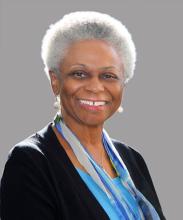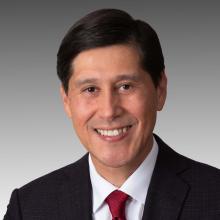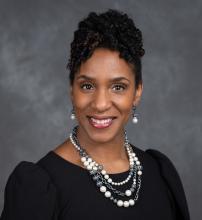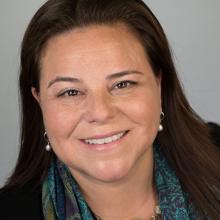Successful mentoring relationships can positively impact the career trajectory of researchers across the talent cycle. This is particularly important for attracting and retaining diverse talent from underrepresented groups. Studies show that many factors contribute to successful mentorship experiences in scientific settings. In this seminar, a panel of experts discussed the latest data, theoretical frameworks to inform mentorship, and building an inclusive environment.
Presentation Materials and Video Recording

Marie A. Bernard, M.D.
Marie A. Bernard, M.D., Chief Officer for Scientific Workforce Diversity (COSWD), NIH

Juan Amador, FASAE, CAE
Juan Amador, FASAE, CAE, Executive Director, Society for Advancement of Chicanos/Hispanics & Native Americans in Science (SACNAS)

Angela Byars-Winston, Ph.D.
Angela Byars-Winston, Ph.D., Professor, Division of General Internal Medicine, Department of Medicine, University of Wisconsin-Madison

Jessie DeAro, Ph.D.
Jessie DeAro, Ph.D., Program Director, ADVANCE Program, National Science Foundation (NSF)

Christine Pfund, Ph.D.
Christine Pfund, Ph.D., Senior Scientist, Wisconsin Center for Education Research, University of Wisconsin-Madison

Karen N. Salt, Ph.D.
Karen N. Salt, Ph.D., Deputy Director for Research Culture and Environment, UKRI

